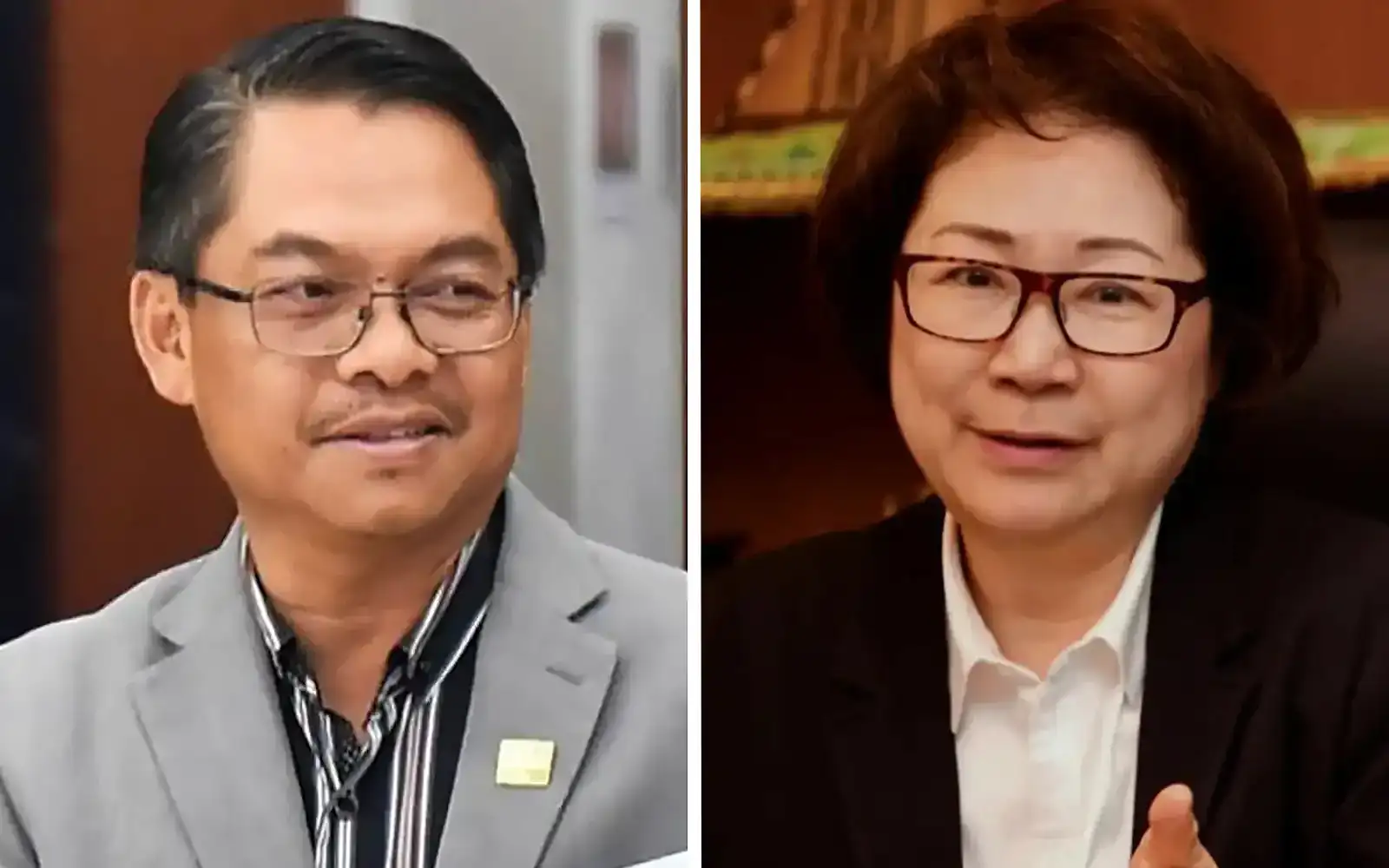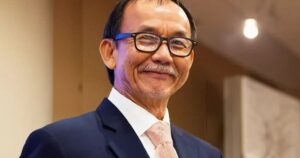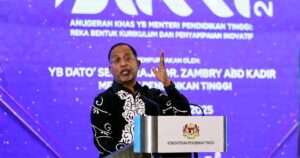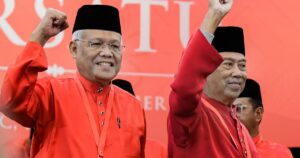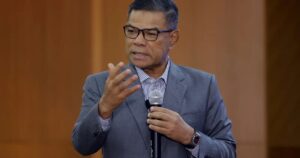
With veteran leader Christina Liew defeated in her own division, analysts say Sabah PKR chief Mustapha Sakmud’s re-election as division head can breathe new life into the party’s prospects at the upcoming state election.
Over the weekend, Mustapha — the federal government’s deputy higher education minister and Sepanggar MP — secured a decisive win in Kota Belud while Liew, a former Sabah deputy chief minister, lost the top divisional post in Kota Kinabalu.
Liew, who was elected Sabah PKR head in 2017 and took over as the state’s Pakatan Harapan chairman the following year, has long faced criticism from party insiders, especially following the 15th general election.
The three-term Api-Api assemblyman lost the state’s top party post three years ago and the state PH chairmanship in December last year.
Awang Azman Pawi of Universiti Malaya believes the leadership shift in Sabah PKR will help PH navigate internal negotiations and seat allocations better ahead of the upcoming Sabah state election.
Describing Mustapha as a “fresh face”, Awang Azman said his leadership would allow Pakatan Harapan to redefine how it engages with its coalition partners and the electorate.
He also said Mustapha’s win reflected strong grassroots trust, leaving him well-positioned to lead the party into the state polls.
The term of the current state assembly expires on Nov 11, state speaker Kadzim Yahya said earlier this week. Under Article 21(4) of the Sabah constitution, an election must be held within 60 days of dissolution.
“Mustapha is grounded, accessible, and free from controversy. His personality makes internal discussions smoother, particularly with allies like DAP, Upko, and even Umno to some extent.
“His win signals a readiness to move forward. He’ll need strong party machinery—not just to strengthen PKR, but to unify PH under the national unity government banner,” Awang Azman told FMT.
Rebuilding electoral strategy amid complex dynamics
Azmi Hassan of Akademi Nusantara said Liew’s loss wasn’t surprising as her influence had waned over the years. He said Mustapha’s leadership offered PKR a chance to rebuild its electoral strategy from the ground up.
“This puts PKR in a stronger position during seat discussions,” he said.
However, Ilham Centre’s Hisomuddin Bakar cautioned that while Mustapha brought renewed energy, his biggest challenges lay ahead—especially with complex coalition dynamics in Sabah.
Hisomuddin said Mustapha would be expected to revamp the state party machinery and align Sabah’s strategy with the national leadership, especially with voter sentiment continuing to evolve.
“The dynamics within Sabah PKR are shifting. There’s new energy—and it must be harnessed to identify winnable seats, inspire confidence and negotiate from a position of strength,” he said.
“Leadership change brings momentum, but the hard work starts now,” said Hisomuddin. “Every seat claim must be backed by strong candidates, solid grassroots support and clear strategies.”
PKR currently holds only two seats in the 73-member Sabah state assembly— Api-Api and Inanam, held by Peto Galim.
